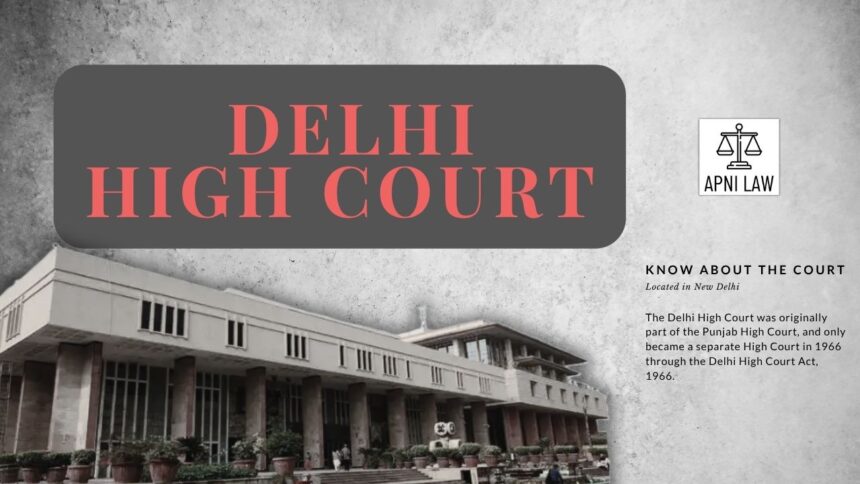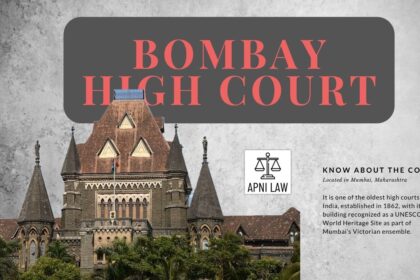Introduction
In SG v. DG, decided on 9 September 2025, the Delhi High Court clarified that a wife cannot be denied maintenance simply because she applied after her husband filed for divorce. The bench of Justices Anil Kshetarpal and Harish Vaidyanathan Shankar held that the right to seek maintenance under Section 24 of the Hindu Marriage Act continues to exist during divorce proceedings, regardless of who approached the court first. This ruling overturned the family court’s order and emphasized the importance of financial support during litigation.
Facts of the Case
The couple married in 2009. Before marriage, the wife had worked for about three and a half years. Later she moved to Singapore for employment. After giving birth, she returned to India within four months and stopped working altogether. The husband, however, continued his job in Singapore, earning a salary of nearly ten lakh rupees per month.
The dispute began when the husband filed a divorce petition. The wife then applied for maintenance pendente lite, seeking financial support for herself and the child. The family court dismissed her claim for maintenance. It reasoned that she was well-educated and capable of earning but had chosen not to work. The court, however, awarded twenty-five thousand rupees per month as maintenance for the minor child. Dissatisfied with this decision, the wife approached the Delhi High Court.
What the Court Says
The High Court carefully examined the findings of the family court and found them unsustainable. It noted that there was no evidence to show that the wife had access to employment opportunities in India after she returned. The assumption that she deliberately avoided work had no basis in fact. The court also highlighted that she was taking full care of her newborn child. According to the judges, looking after a newborn requires constant attention, love, and presence, which makes it unrealistic to expect her to work at the same time.
The bench further clarified that the timing of the application cannot be used against a wife. Filing for maintenance after the husband’s divorce petition does not disqualify her claim. Section 24 of the Hindu Marriage Act permits an application for maintenance pendente lite during the pendency of divorce proceedings. Therefore, the law does not support the argument that a wife loses her right merely because her husband initiated litigation earlier.
After considering the financial position of the parties, the court concluded that the husband’s high salary of nearly ten lakh rupees per month justified a substantial maintenance award. The court ordered him to pay two lakh rupees per month for the support of both his wife and their child. The payment was directed to commence from the date of her application for maintenance.
Implication
The ruling has significant implications for matrimonial disputes. It reinforces that a wife’s right to maintenance cannot be restricted by procedural technicalities. A delayed application for maintenance remains valid as long as divorce proceedings are pending. By clarifying this legal position, the judgment protects dependent spouses from unfair denials of financial support.
The decision also acknowledges the importance of caregiving duties. The High Court recognized that caring for a newborn child is itself a demanding role. It refused to treat the wife’s temporary withdrawal from employment as evidence of unwillingness to work. This perspective ensures that mothers who prioritize childcare are not unfairly penalized in maintenance proceedings.
Another important aspect of the judgment is the emphasis on income-based fairness. By directing a payment of two lakh rupees per month, the court demonstrated that maintenance must reflect the financial capacity of the earning spouse. The aim is to secure a reasonable standard of living for the dependent spouse and the child during the pendency of the case. The decision highlights the principle that financial responsibility in a marriage continues until the legal bond is finally dissolved.
This judgment sets a strong precedent for future family law disputes. It guides lower courts to avoid rejecting claims merely because they are filed after divorce petitions. It also warns against relying on assumptions about employability without concrete evidence. Instead, courts must focus on real circumstances, such as caregiving responsibilities and the actual income of the husband.
For any specific query call at +91 – 8569843472
Conclusion
The Delhi High Court’s decision in SG v. DG strengthens the protective framework of matrimonial law. It ensures that maintenance rights remain accessible even when applications are filed later in the proceedings. It affirms the value of caregiving and places financial responsibility squarely on the earning spouse. The ruling not only benefits the parties in this case but also serves as a guiding principle for courts and litigants in similar disputes across the country.








